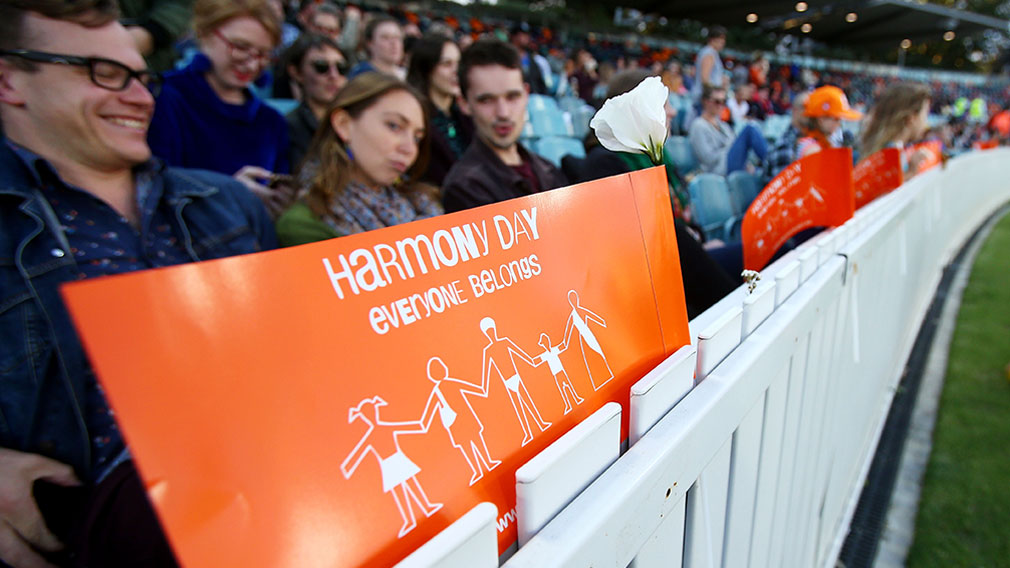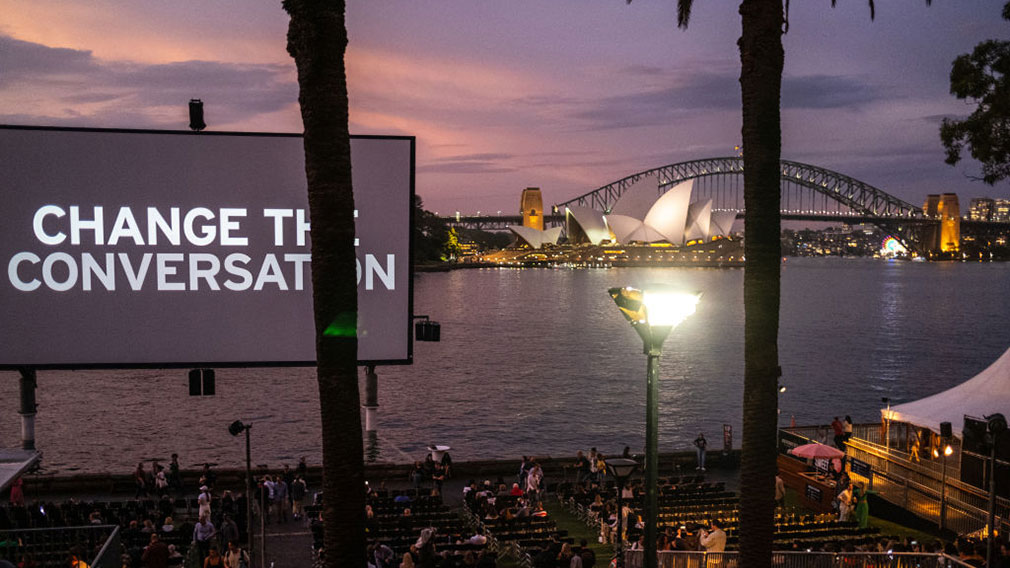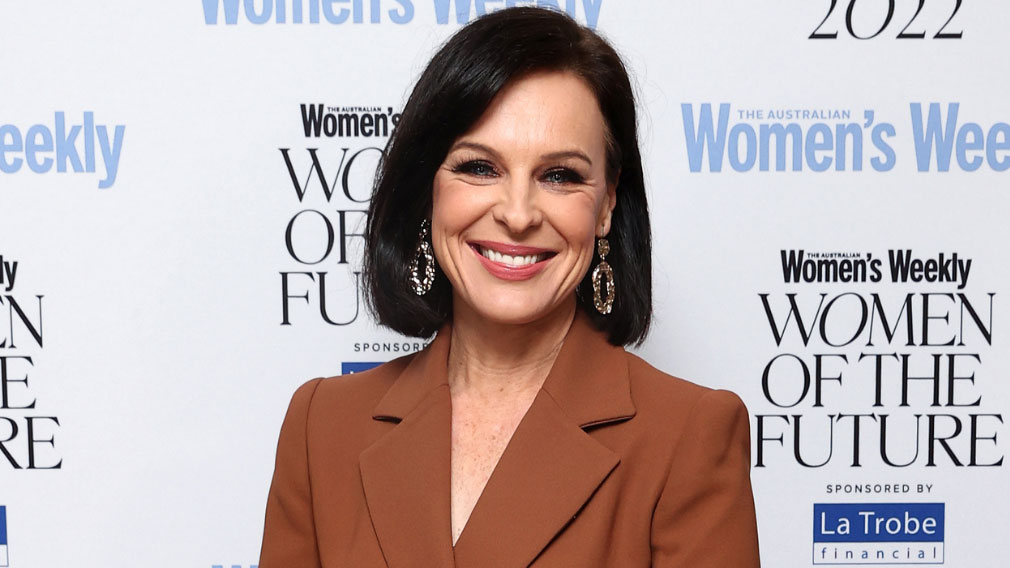Everyone does belong, but work to do to reflect that

Dr Robert Wood says more work to do for greater cultural diversity in corporate Australia. (Getty)
Harmony Week has often been reduced to ethnic food at work morning teas.
Sometimes, individuals are also singled out to speak on behalf of their communities in very grassroots expressions of cultural heritage.
It’s easy for these types of events to neglect the complexity of migrant peoples (although great to sample delicious chapatis, blinis or khuushurs).
However, Harmony Week can be used as an entry point to real conversations about the pace of progress, the role of leaders and responsibilities of the corporate sector.
Thinking about Harmony Week means turning our minds back to what it meant when it started in Australia in 1999.
It is no coincidence that it coincides with the UN-led International Day for the Elimination of Racial Discrimination on 21 March (also called Harmony Day in Australia). This means it is not only a week to celebrate social cohesion, but a call to rid our society of racism – a call that seems just as important now as ever: Black Lives Matters is informing our political conversations, Collingwood Football Club recently released a damning report on its own structural racism, and Asian Australians are routinely harassed.
If that is not reason enough to take Harmony Week seriously, we must also think about the importance of multiculturalism to our demographic reality. This is not a sideshow, but the main event of our identity and who we are as a society.
A little over 20 per cent of Australians are estimated to speak a language other than English at home, 30 per cent of Australians were born overseas, 49 per cent have at least one parent born overseas and 3 per cent identify as Aboriginal or Torres Strait Islander.
As a person of Indian origin who identifies as a Malayali, I walk in two worlds. This gives me unique perspectives that can often challenge preconceptions. For example, I am acutely aware of my privilege and am often reminded of the fact that the average annual income per capita ‘back home’ in India is $US1670, or $US4.50 per day. If you remain in touch with those people, as I do, it is humbling to be surrounded by the wealth and opportunities of being in contemporary Australia where take home pay far exceeds that level.
I am also acutely aware that the experiences and world views of people from diverse backgrounds can offer a diversity of ideas, capabilities and cultural intelligence to help communities and companies to navigate technological, social, economic and geopolitical changes.
And yet we still see a distinct mismatch in cultural representation in the key institutions that guide and shape our society: across politics, civil society and corporate Australia.
For example, among nearly 2500 of the most senior posts in Australia – including the top 200 companies, federal ministers, heads of federal and state departments and university vice chancellors – only around 5 per cent have a background that is not European or Anglo-Celtic, according to a 2018 report by the Australian Human Rights Commission.
The number was fewer – at 3 per cent – among just the chief executives of the top 200 companies.
These are fairly dismal statistics, particularly when a wealth of research shows that greater diversity is good for business performance.
Against this background, Harmony Week should be a day to have real conversations about structures, leadership and change. The catch cry for the day this year is that “everyone belongs” – and that includes in boardrooms and leaderships positions.
While many companies have taken many steps towards being more inclusive, more can be done to make senior positions “safer” so people from all cultural backgrounds feel welcomed, supported and empowered to be involved. Having more cultural diversity in leadership positions can open the door to younger colleagues who will be able to “see what they can be”.
A real conversation with your workmates about how to share power with people who are different is good for individuals, good for business, and good for Australia. Why not start one this Harmony Week?
Doing that doesn’t mean you have to forget the curry puffs at the office event.
Dr. Robert Wood was appointed as a 2021 Westpac Social Change Fellow.


